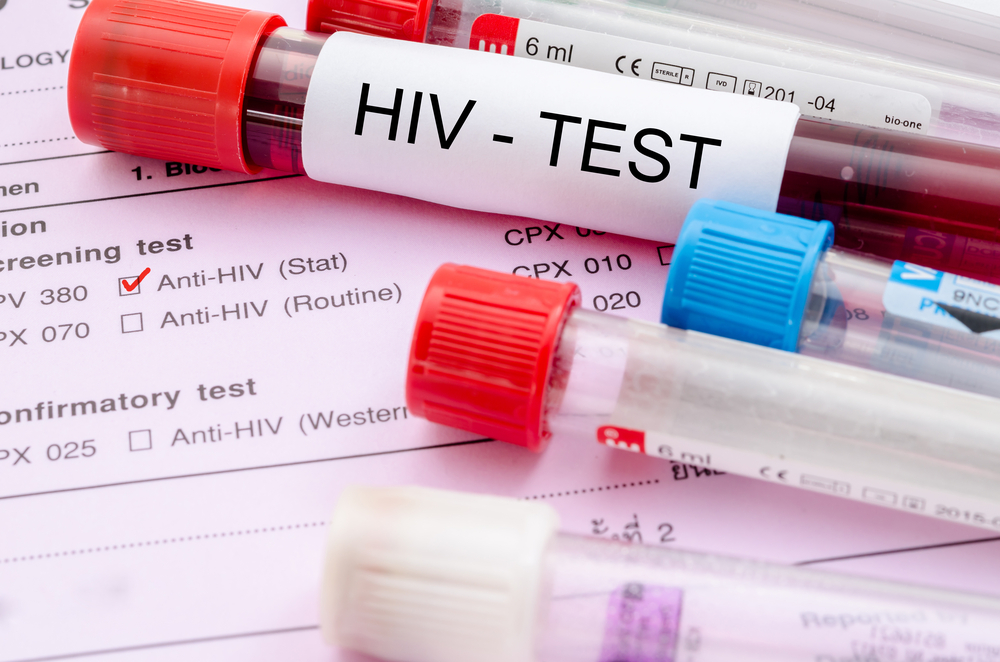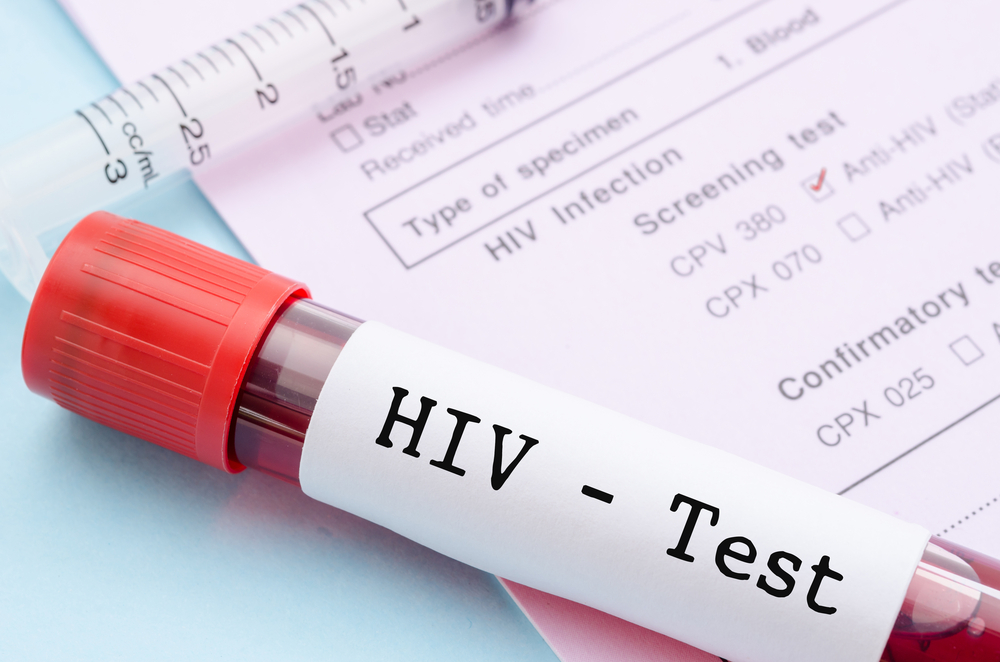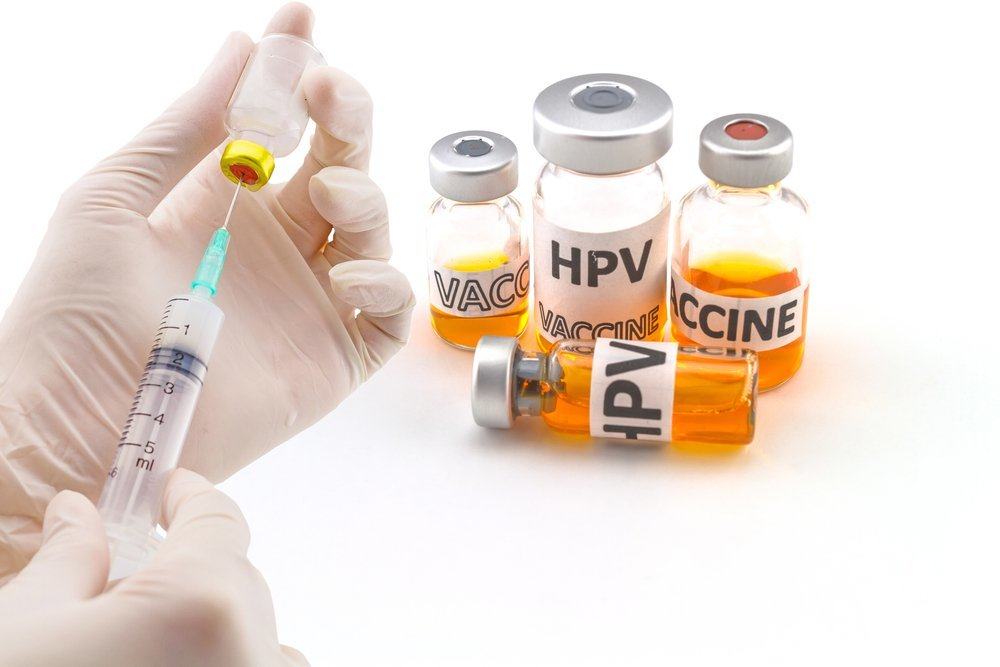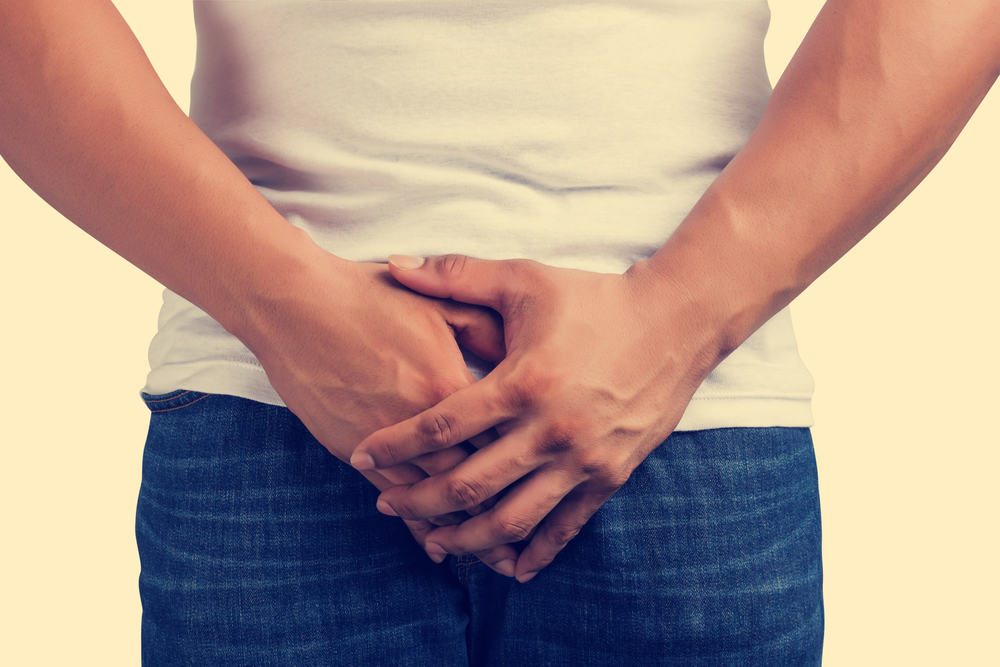Contents:
- Medical Video: Medical Animation: HIV and AIDS
- Why do you have to take an HIV test?
- Who needs HIV testing?
- Is HIV testing accurate?
- Can anyone influence the results of an HIV test?
- Need an HIV test again?
- Negative HIV test results
- HIV positive test results
Medical Video: Medical Animation: HIV and AIDS
HIV (human immunodeficiency virus) attacks and weakens the immune system so that people with HIV are vulnerable to serious diseases. If it is not detected early and does not get prompt treatment, it can be very life threatening. Therefore, everyone needs to take an HIV test, especially if you are sexually active. Why is that? Are the test results always accurate?
Why do you have to take an HIV test?
HIV testing is done to find out HIV status or diagnose someone who is newly infected with the virus. In addition, HIV testing is also done to detect previously unknown infections and at the same time to ascertain HIV status in people at risk of HIV.
Doing this test can detect disease earlier. That way, doctors can recommend treatment or prevention measures so that the condition does not get worse.
HIV testing also needs to be done routinely and it is recommended to do this test at least once a year for sexually active people. This is done as a preventive measure, because anyone can be exposed to the HIV virus.
If the test results are positive, you can get treatment for HIV to stay healthy for years and can reduce the chances of HIV transmission to your partner.
If you are pregnant, you should take a test so that you can start treatment if you are HIV positive. If an HIV positive woman will be treated for HIV early in her pregnancy, the risk of HIV transmission to her baby is very low.
Who needs HIV testing?
Based on the Minister of Health Regulation, there are several indications of HIV testing, namely:
- Every adult, child, and adolescent with a medical condition that is suspected to have HIV infection. Especially with a history of tuberculosis (TB) and venereal disease.
- Antenatal care for pregnant women and mothers.
- Adult men who request circumcision as an HIV prevention measure.
Infants and children with the following conditions also need an HIV test. These conditions include:
- Children have HIV-related illnesses such as severe tuberculosis or receive recurrent anti-tuberculosis (OAT), malnutrition, or recurrent pneumonia and chronic or recurrent diarrhea.
- Newborns from mothers infected with HIV and have taken preventive measures for transmission from mother to child.
- Children whose family history is unknown.
- Affected or potentially have HIV infection through contaminated needles, receive repeated transfusions, and other causes.
- Children who experience sexual violence.
In addition, HIV testing must also be offered routinely to:
- Sex workers, injecting drug users (IDUs), men having sexual relations with men (MSM), and transvestites. The test must be repeated at least every 6 months.
- Couples of PLWHA.
- Pregnant women in widespread epidemic areas and concentrated epidemics.
- Tuberculosis patients.
- Everyone visiting health care facilities in the HIV epidemic area is expanding.
- Patients with venereal disease.
- Hepatitis patient.
- Prisoners.
Is HIV testing accurate?
Modern HIV tests are very accurate. This accuracy must be considered with the window period. For example, the 4th generation test will take 95 percent of infections 28 days after exposure. Confirmation tests after three months of virus exposure are always recommended. This is because five percent of people take this long time to show positive results.
Positive test results are routinely confirmed using a different type of test called western blot. Western blot tests look for immune responses to specific HIV proteins and are 100 percent accurate as a confirmation test.
Can anyone influence the results of an HIV test?
HIV antibody tests and confirmation tests are not affected by other conditions. These include infections, drugs, most vaccinations, weight gain, eating or drinking anything before the test, alcohol or drug use, mouthwash or time of day.
Your test results are accurate even if you have a cold or runny nose or are on any medication. You do not need to fast before taking an HIV test, because food and drinks do not affect the test results.
Need an HIV test again?
This will depend on the last time you were exposed to the virus. However, it is better if the exposure is less than three months before, then HIV testing at three months after exposure is usually recommended.
Negative HIV test results
Negative results don't mean you don't have HIV. This is due to the window period, the time between someone who is exposed to HIV and when the test can determine whether they have HIV. The window period varies from person to person and also differs depending on the type of HIV test.
Ask your health care provider about the window period for the test you are taking. If you get an HIV test after exposure to HIV and the results are negative, then take an HIV test again after the window period to make sure.
For example, if your doctor uses an antigen or antibody test performed by a laboratory, you must be tested again 45 days after your last exposure.
For other tests, you should test it again at least 90 days after your last exposure to ascertain whether you have HIV.
If you find out that you are HIV-negative the last time you take an HIV test, you can only ensure that you are still negative if you have not had potential HIV exposure since your last test.
If you are sexually active, continue taking measures to prevent HIV, such as using a condom in the right way every time you have sex and take medication to prevent HIV if you are at high risk.
HIV positive test results
This means that the HIV virus has been detected in your body, but don't worry, there is a treatment for HIV that will keep you healthy.
If you are pregnant, start your treatment to prevent transmission to your baby. Take precautions if you live with or travel in places with a high prevalence of tuberculosis (TB)
Starting treatment immediately can ensure that you stay healthy and reduce your chances of spreading HIV to others.













